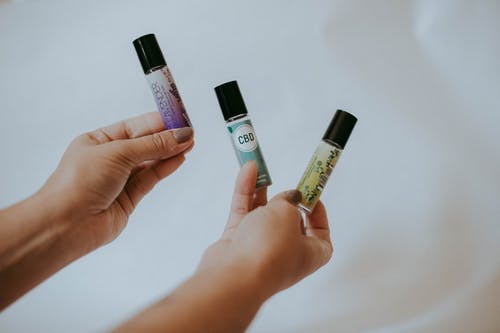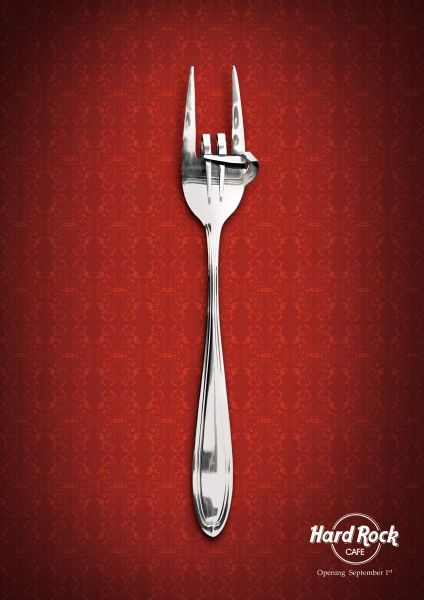How to Know the Right Dosage of CBD Oil Capsules

Almost everyone is aware of the health benefits of using CBD. These benefits include sleep improvement, pain soothing, seizure reduction, and improvement of heart health. But how much dosage should you take to experience the effect? Figuring out the right dosage may be quite tough. Here is how you can figure out how many CBD oil capsules you should take.
Research
A lot of research has been carried out on CBD. The latest research has revealed that the consumption of CBD is safe. However, the studies have not clearly indicated the universal amount of dosage that everyone should take. This is because different people respond differently to different CBD dosages. According to the studies, there are ways you can figure out the right amount of dosage for you.
These factors include the condition you want to treat, the weight of your body, and your body chemistry. If you are not sure of how much dosage of CBD oil capsules, then you can start with a small dosage. After you are comfortable with the dosage, you can then gradually increase the number of capsules that you are taking. You can start by taking 20 to 40 mg of CBD per day.
Consult Your Doctor
When it comes to knowing the right amount of CBD oil capsule dosage to use, talking to your doctor is a good option. Although not all doctors will be in a position to offer you information on CBD- because of laws in your area- some doctors will help you to determine the right dosage. They may even recommend higher quality brands. If you are currently on any medication, then you need to speak to your doctor before taking any CBD oil capsule.
Read the Label
Most CBD oil capsules manufacturers always indicate the amount of CBD in each capsule. This can help you in determining how many capsules you can take at any given time and even your daily dosage. Determining your dosage only becomes hard when your manufacturer fails to specify how much CBD are in their capsules.
Can You Overdose?
A recent study revealed that using CBD continuously, even when you take a high dose, can be tolerated well by your body. However, this does not mean that you can just take any amount of CBD that is available to you. Taking CBD oil capsules alongside other medications may lead to some effects. These effects include fatigue, changes in weight and appetite, and diarrhea.…






